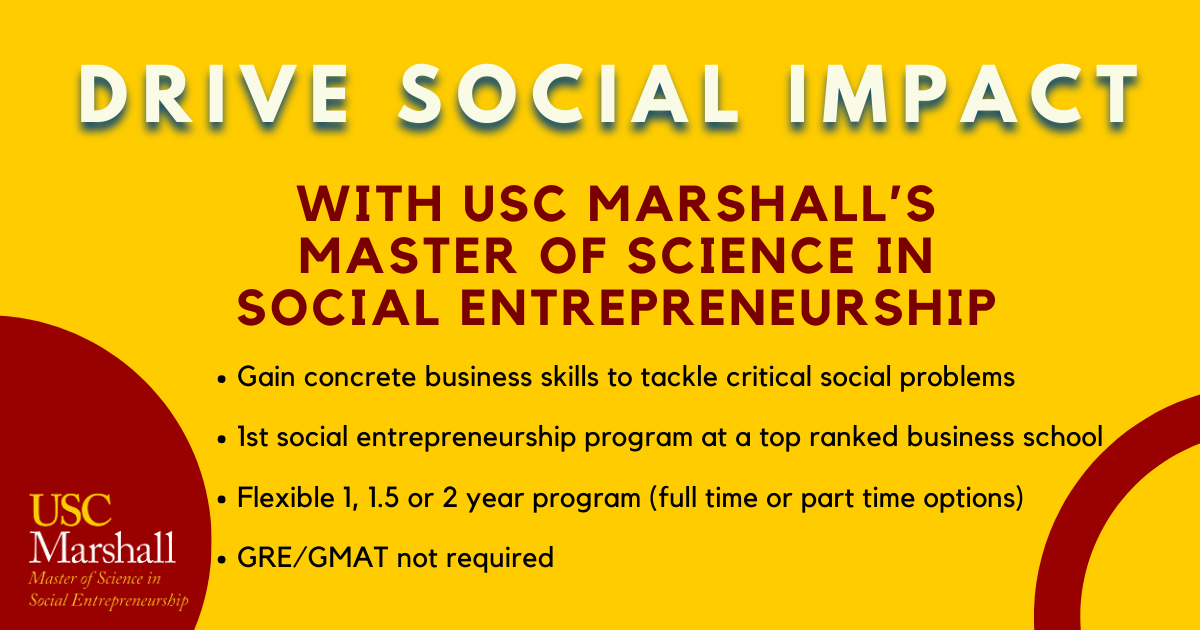According to the United States Bureau of Labor, women earn, on average, 14.47 percent less than their male counterparts. You might be thinking these statistics are old and outdated. You’d be wrong. These statistics are from the Bureau’s third-quarter report for 2019.
Unfortunately, women in the tech industry tend to fare worse. According to Forbes, women earn up to 45 percent less than their male counterparts. Putting aside whether this is fair or not, what is clear is that this is a good business case for equalizing pay.
Why are women generally paid less?
There is a general perception that technology is a man’s field. If you think of an IT pro, you’re likely to think of a geeky man with glasses. It’s a stereotype that we see played out often in movies. And, it’s true that tech, in the past, has been more of a boy’s club.
There’s more to it than that, though. According to a study by Hired, women ask for lower salaries than men 61 percent of the time. According to the same study, men are offered higher wages for the same jobs 60 percent of the time.
This is an error that costs businesses $16 billion dollars annually.
Why is gender inequality hurting businesses?
Women in tech companies, in particular, find it harder to advance their careers. They may leave because of a lack of career opportunities. Replacing these employees drives up the cost for businesses.
Costs increase because businesses must advertise and interview replacements. They must then spend time training them in the company’s processes. That’s a direct consequence of the higher turnover rate.
An indirect consequence that costs companies is a lack of continuity. Say, for example, that the supervisor of the IT department is a woman. She’s trained and familiar with the system. She knows the quirks of the system and will work at improving it.
When she leaves, it takes time for the new supervisor to settle in. In the interim, there’s a delay in the fruition of projects started by the previous supervisor. The lack of continuity could see promising projects side-lined.
How do we change things?
It’s not all doom and gloom. The Hired study shows that in 2017, 63 percent of employers offered men higher salaries. In 2019, that figure dropped to 60 percent. We’re making progress slowly, but it’s still progress. But now, we as leaders need to look at ways to accelerate the change.
Changing the legislation will help, but it does little to break stereotypes. As business leaders, we need to start challenging the accepted stereotypes. The best way to do this is to look at the facts.
- The first computer programmer was a woman. Ada Lovelace came up with the programming concept of looping in 1843. That concept is still being used by programmers today.
- It was a team of women that developed the first programmable and entirely electronic computer. The Eniac Programmers Team was never given credit at the time, but their work advanced modern computing significantly.
- Ruth Amonette became IBM’s first female vice president in 1943.
- The term “software engineering” was coined by Margaret Hamilton. Hamilton was instrumental in developing the software that made the first moon landing possible in 1969. She also led MIT’s software engineering division.
- More recently, Paige Thompson pulled off one of the most impressive hacks to date. The Capital One hack made Thompson infamous. But there’s no denying that it was a wake-up call for the financial services industry. Capital One is one of the biggest banks in America.
Final Notes
If we look back over history, it’s clear that women have played an instrumental role in tech development. We can’t say for sure when the stereotype of a woman being “bad with tech” started. What we can say is that it’s clearly unfounded.
As business leaders today, it’s time to start changing that stereotype. A woman was responsible for the first programming language. Another helped make the first moon landing possible and safe. Yet another took on one of the most secure computer systems in the world and won.
Imagine what else women can do going forward if they’re given the equal opportunity.







